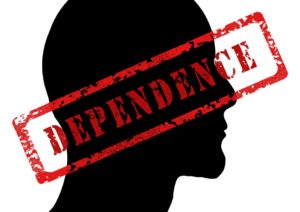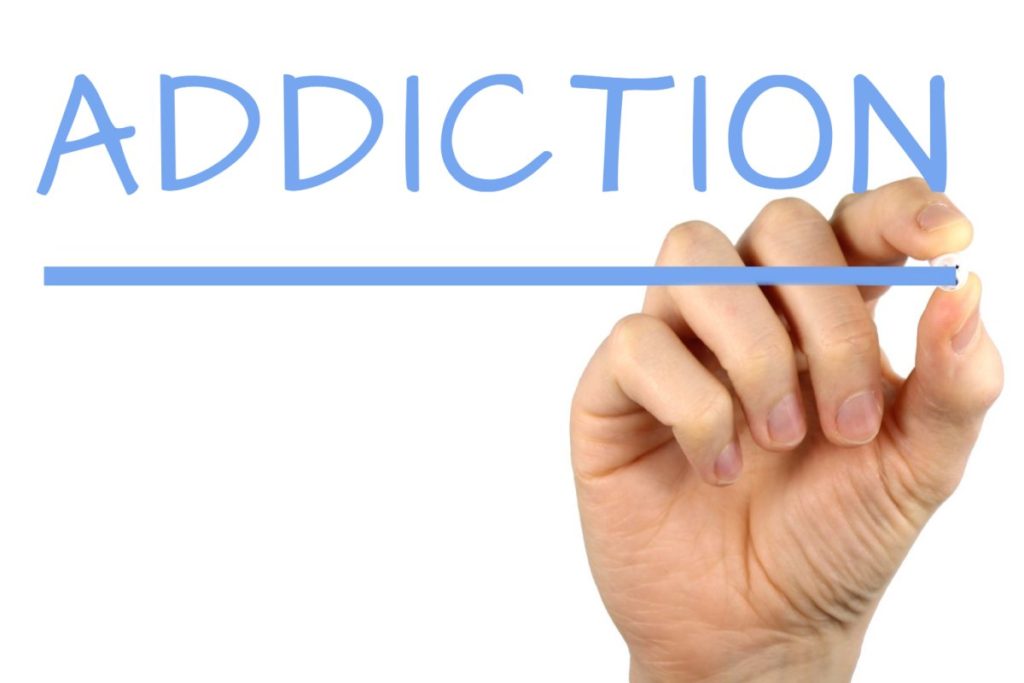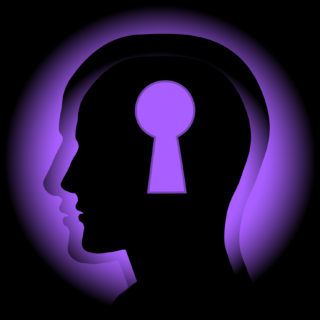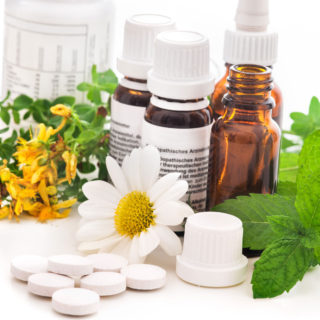There are currently 23 million North Americans suffering from a substance use disorder. In 2012, Statistics Canada revealed that 6 million Canadians will meet the criteria for substance use disorder over their lifetime, which means there is a strong chance that someone you know has a problem and may need some help. One of the best ways to help someone who is suffering from addiction is to become informed about the facts.
When hearing the word “addict” or “alcoholic” many people would be surprised to see a picture of their local firefighter or police officer, their colleague or neighbour, the nice lady who is the receptionist at their dentist office, or the brilliant surgeon who performed a life-saving operation on them last year. This is part of the insidious nature of addiction…that it can afflict anyone regardless of family, education, socio-economic status, gender, or race; addiction does not discriminate.
Addiction as a disease
The American Society of Addiction Medicine (ASAM) released a definition of addiction in 2011 stating approximately 50% of the likelihood that someone will develop an addiction is attributed to genetics ( http://www.asam.org ). Addiction is widely accepted as a mental health condition, an illness, disease and/or neurological disorder rather than a moral failing or a weakness; the symptoms of which must be carefully managed just like any other illness. And just like any other disease, the symptoms are largely acquired, not by choice, but by physiology.
Our biological system attempts to maintain a normal healthy balance , or h omeostasis. The brain is responsible for monitoring this balance and, simply put, addiction interferes with this process by hijacking the brain and resetting a new “balance set-point” or allostasis.
Unfortunately, once changed, the brain now requires the addictive substance or activity in order to maintain this new homeostatic balance. For the addict, then, the adaptive ability of the brain creates significant changes in the brain’s functioning; leading to the all-consuming need to obtain drugs despite negative consequences, and the seemingly impossible task of quitting.
The brain is also responsible for our internal communication system by orchestrating our chemical composition by acting upon the neurotransmitters/neromodulators connections . This system directs our body’s actions and reactions to both our internal and external environments. So, this communication system, too, is constantly changing and adapting as we have new life experiences and learn new information. It is also influenced by everything we put into our bodies, including addictive substances.
Here is a list of how some drugs affect certain neurotransmitters and receptors :
- Cocaine and methamphetamine cause changes to the dopamine system.
- Opiates (heroin, codeine, Oxycontin®, Vicodin®, hydrocodone) cause changes in the dopamine, opiate (endorphin), and GABA systems.
- Alcohol alters dopamine, glutamate, and GABA systems.
- Marijuana activates dopamine and the brains own cannabinoid system.
- Nicotine (cigarettes) causes changes in the acetylcholine system.
- Ecstasy affects both dopamine and serotonin systems.
Most people are aware of how an intoxicated person functions differently than they do in their “normal state”. In addiction, these changes become long lasting and, without long term abstinence from all addictive substances, can become irreversible. The brain adapts to the strong effects of addictive drugs and causes biological, chemical changes in brain regions associated with reward , memory and emotion , decision-making , and stress regulation .
Addiction hurts everyone; why don’t they stop?

The part of the brain which has a vital role in higher-order functions including language, spatial learning, conscious thought, judgment, and decision-making is called the cerebral cortex. The prefrontal cortex enables us to make rational decisions and resist impulses. Ongoing use of substances can alter this area and its functioning, and a person can begin to make decisions that appear to be completely irrational; even directly harmful to their own well-being and the well-being of those around them.
An addict often experiences intense and debilitating negative feelings as the result of changes to the reward, emotional and stress regulation areas of the brain. An addict will, essentially, lose his/her ability to manage stress and emotions effectively and these negative feelings can become so intense and debilitating, the addict will begin to do almost anything to for relief. Cessation of both using and the behaviours associated with it gets more and more difficult the more these neural pathways are reinforced. The addict feels compelled to make decisions that have negative consequences in order to relieve the discomfort that now appears as a result of NOT engaging in these behaviours. Over time, the changes to the brain and the repeated use of addictive substances or activities makes it seemingly impossible to stop. In addition, the shame and guilt that often comes as a result of acting out in these ways becomes fuel for continued use. But all is not hopeless…again, as outlined above, our brains are adaptive, so correcting these changes is possible.
Recovery is possible

While there is still no “cure” for addiction, there are many things a person can do to manage the symptoms and prevent relapse. There is no one-size-fits-all treatment for addiction; each individual will have his or her own unique set of life circumstances that will need to be assessed and addressed in turn such as trauma, co-occurring mental health issues, individual character defects or personality traits that enable the addictive process, and external living environment. Recovery is a long road, but it is possible as long as the addict is willing and has the support.
Article written by Registered Counsellor, Virginia Lundy.
Virginia is a Registered Clinical Counsellor (RCC) with an MSc in Behavioural Psychology from the University of Liverpool. She has been working with people in the fields of mental health and addictions since 2001, supporting individuals and groups of people struggling with issues such as substance misuse, anxiety, trauma, stress management, mental health, and related disorders.
To book an appointment with Virginia or learn more about her, click here



















No Comments
Be the first to start a conversation